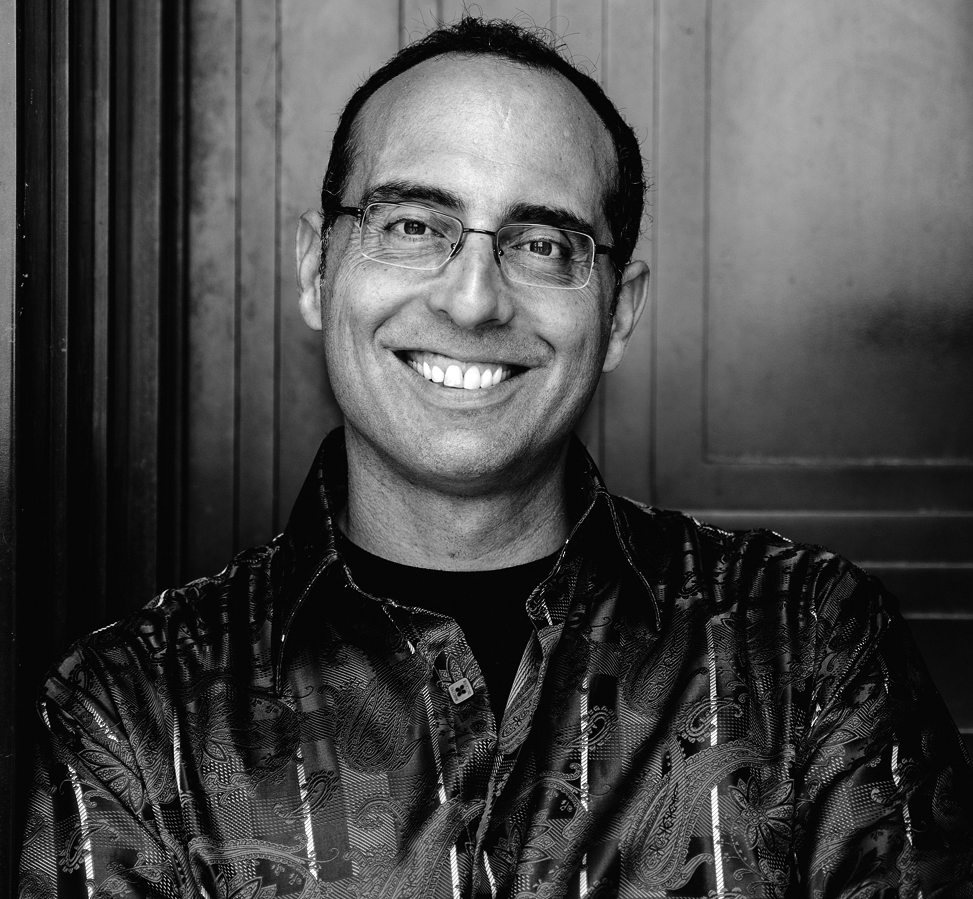My Heart like a Nation
for Yehuda Amichai
You threw off your exile
by clothing yourself in praise,
Yehuda, saying, my nation
is alive, Amichai, in me,
inhabiting your own body,
your mother-beloved skin.
I’m hairy like you, and afraid,
like you, I’m half-animal
and half-angel, uncertain
where my tenderness ends
and cruelty begins. We
did what we had to do,
you wrote, which in translation
reads: .
Yehuda, I want your clarity—
to love you, not close the gates
of my heart like a nation
trying to make itself a home
but winding up with a state.
Psalmist, you spoke so tenderly
of peace, but the war persists.
All I have for you is this poem:
a man photographs the sudden
undulating hills. Behind him,
a woman he loves now dreams
that their bed’s legs grow roots
beneath, overnight, and spreads
a canopy of branches that shoot
pink blooms open and open,
now green with shushing leaves
that shelter and shadow the rucked
bedsheets, the branches burdened
with red apples, apples like eyes
ready to be praised
and plucked.
Copyright © 2019 by Philip Metres. Originally published in Poem-a-Day on October 28, 2019, by the Academy of American Poets.
“‘My Heart Like a Nation’ wrestles with the legacy and poetry of Yehuda Amichai, an Israeli poet who also served as a soldier during Israel’s War of Independence, which dispossessed and exiled 750,000 Palestinians and led to the destruction of over four hundred villages. In addition to working with Amichai’s poems, ‘My Heart’ benefited from conversations with Fady Joudah, Adam Sol, and Amy Breau, on questions of colonial possession and dispossession, poetic erasure of the other, as well as acknowledging and making amends for the past. Is every Eden just someone’s bulldozed home? ‘My Heart’ is from the forthcoming Shrapnel Maps, a book tracing the hurt and tender places of the Israel-Palestine predicament, abiding with voices and archival traces too often canceled out by political noise.”
—Philip Metres

